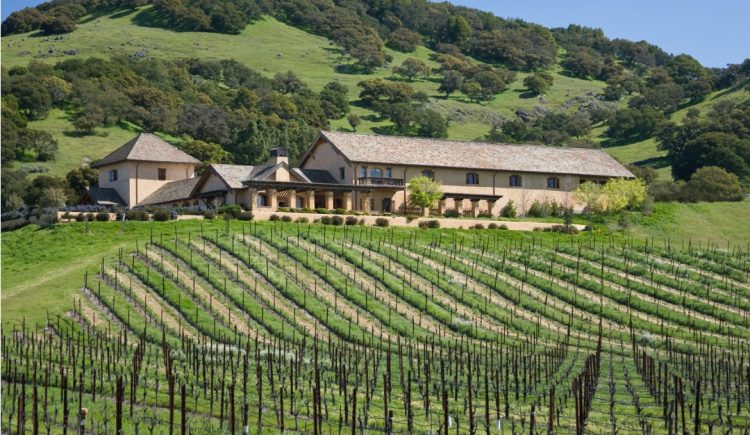Investing in a vineyard property is a way to broaden your property portfolio, possibly protect you from financial market volatility and explore your passion. Purchasing a vineyard property is a true luxury investment. Wine fanatics can use this opportunity to live on an estate surrounded by vines and indulge in the fruits of the land. If you’re considering investing in a vineyard estate, read on for insight into investing in a vineyard property.
Find a Vineyard Property Specialist
A vineyard estate is an extremely specific investment. Working with a broker who has experience in vineyard real estate transactions is vital. Often, vineyards aren’t listed publicly, so a well-connected broker will be able to show you the private listings. They will be able to explain the nuances of vineyard estates and other aspects of purchasing a vineyard that you may not have considered. Buying a vineyard means buying a business, so the broker needs to be able to handle these complexities. Unlike purchasing a residential property, purchasing a vineyard can take half a year to complete the purchase
Conduct Thorough Research
Before you begin your property search, immerse yourself in the world of vineyards. Speak with wine specialists, brokers and vineyard owners. Owning a vineyard is both a passion project and a business, so understanding both sides is vital. Also, research the climate before you purchase a property. An operational vineyard is at the mercy of the environment, so familiarize yourself with weather patterns and the soil composition.
Determine How Often You’ll Visit
A vineyard estate can serve various purposes. Whether you’re a retiree looking for a different pace of life and a new challenge, or you’re investing in vineyard estate as a vacation destination, different circumstances will determine how you’ll run the vineyard. For example, if the estate is a vacation home you plan on visiting several times a year, it would be wise to hire someone who will handle the day-to-day operations of running the estate.
Consider the Amenities
In addition to the acres of vines, additional amenities are all part of a well-rounded estate. A swimming pool, acreage for horses, spa, guest house and wine cave are all possible amenity options on a vineyard estate.
Understand the Investment
Purchasing a vineyard is not only a significant financial investment but a time investment. Owning a vineyard requires patience and hard work. A vineyard differs from a winery because vineyards typically sell their grapes to wineries. These sales can pay for the vineyard’s operational costs, at the very least. Operating expenses include maintaining the vines, machinery, labor and transporting the grapes. Additionally, vineyard owners may be entitled to tax benefits and other incentives depending on the location.
Owning a successful vineyard where you can also kick back and relax means putting in a substantial amount of work during the purchase process and the daily operations. However, owning a vineyard estate also pays off in great dividends, especially if this is where your passion lies.











